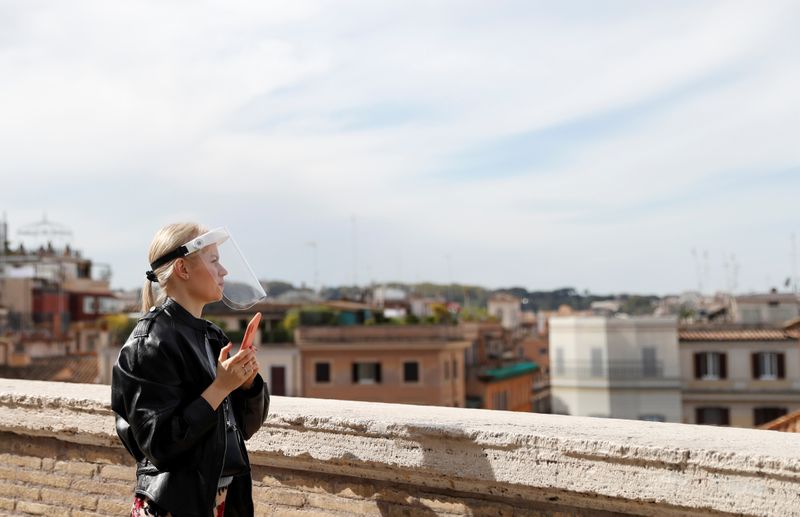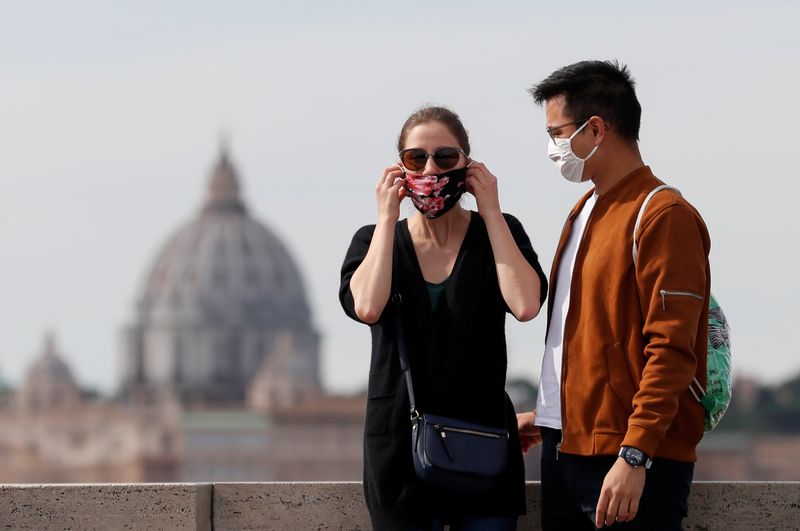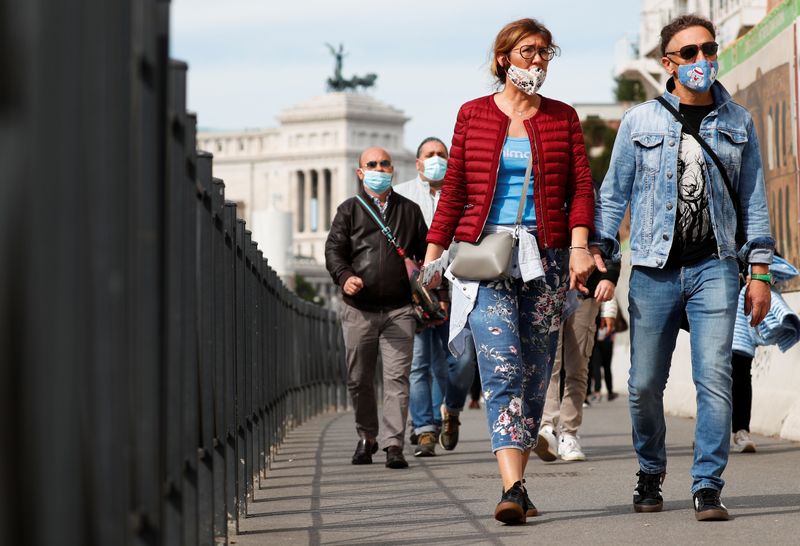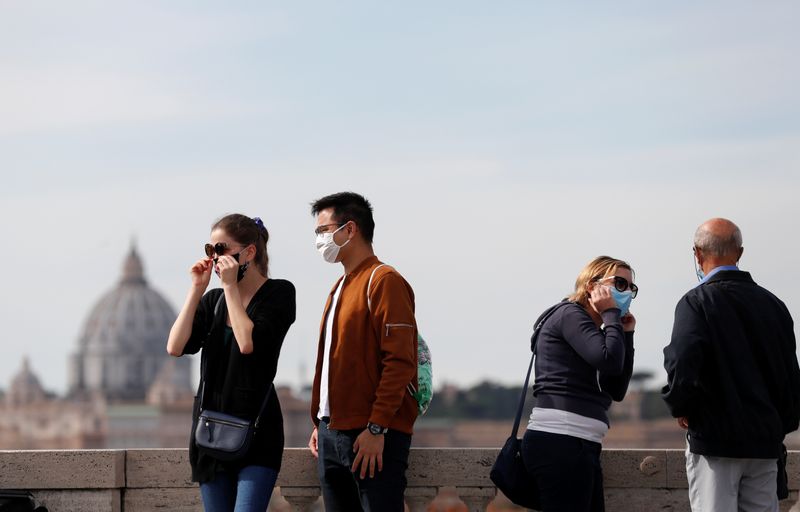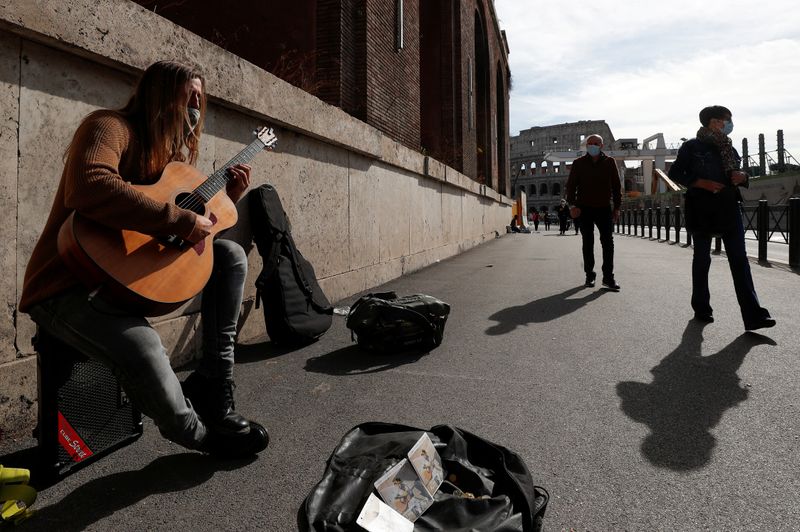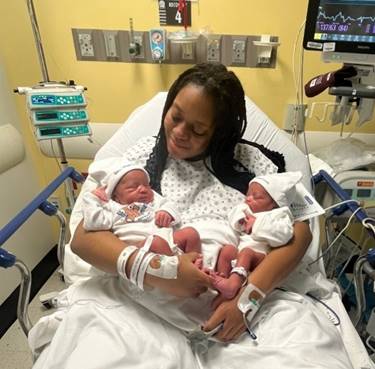ROME (Reuters) – Italian Prime Minister Giuseppe Conte on Tuesday imposed new restrictions on gatherings, restaurants, sports and school activities in an attempt to slow a recent surge in coronavirus infections.
The government decree, published after days of draft versions and speculation by ministers over its probable measures, will take effect within 24 hours and be valid for 30 days.
It bans parties in restaurants, clubs or in the open air and strongly recommends that people do not hold parties in their homes or host more than six guests at any time. Weddings and other ceremonies can be attended by no more than 30 people.
The decree firmly advises that face masks, which are already obligatory in public buildings and outdoors, should also be worn at home when non-family members are present.
Restaurants and bars can remain open until midnight for table service but cannot serve people standing up, inside or outside the premises, after 9 p.m.
This is intended to stop the large evening gatherings outside bars which are partly blamed for a recent surge in infection numbers.
Daily new coronavirus cases in Italy doubled last week, topping 5,000 on Friday for the first time since March and rising close to 6,000 on Saturday. They eased slightly in the last two days but normally rise in the second half of each week.
Deaths linked to COVID-19 are far fewer than the peaks above 900 per day around the end of March, but fatalities have been edging up in recent days, with 39 reported on Monday.
Under the decree, amateur contact sports such as soccer are banned unless they are organised by officially recognised bodies which have signed up to COVID safety protocols set by national sports federations. In practice, this means most amateur teams can continue to play.
Schools will remain open but non-classroom activities are curtailed, with a ban on school trips and exchange visits.
(Reporting by Gavin Jones, Editing by Ed Osmond)

